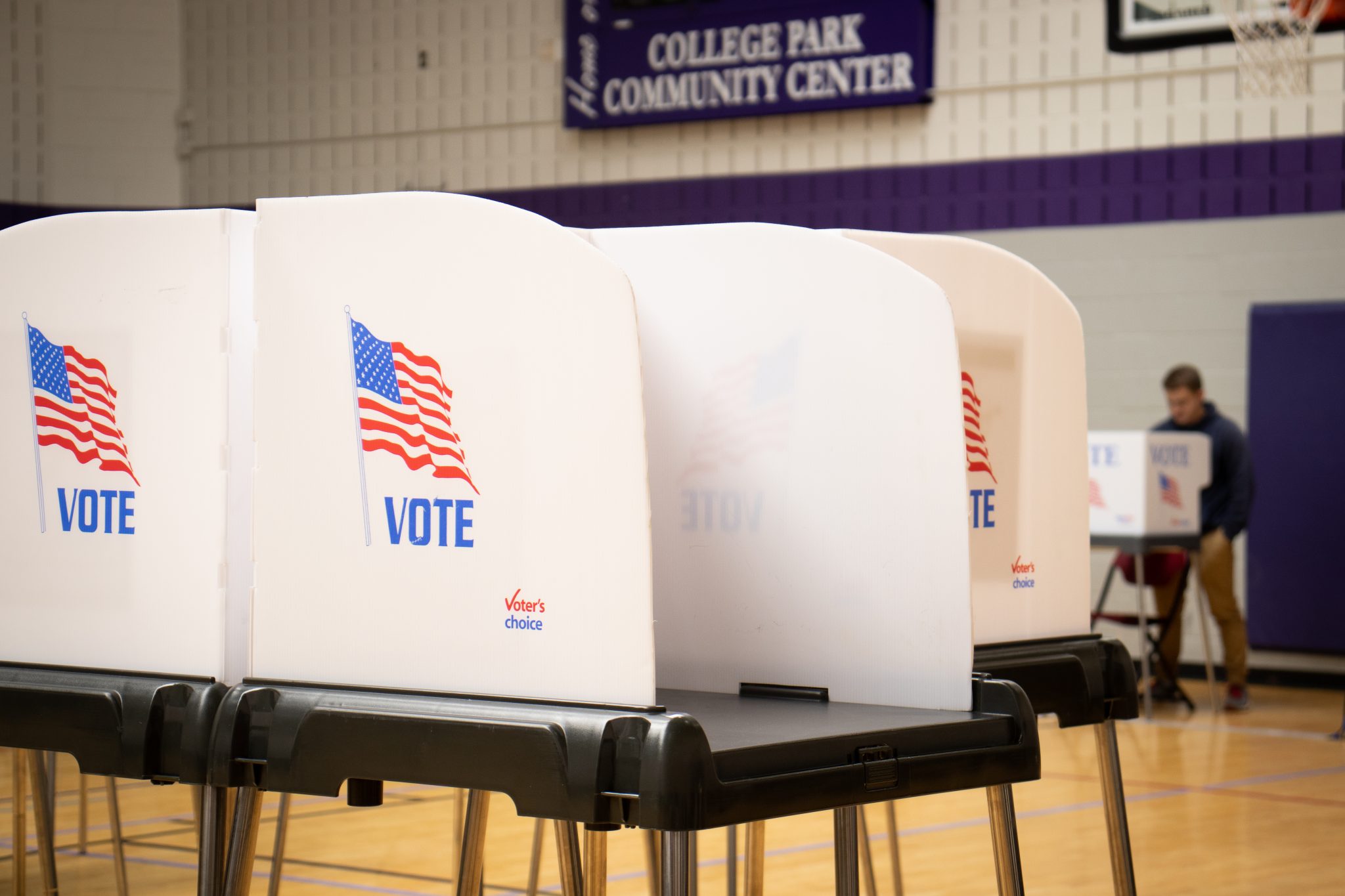Views expressed in opinion columns are the author’s own.
U.S. Sen. Kyrsten Sinema, a Democrat who re-registered as independent, and Nebraska state Sen. Megan Hunt, who switched from Democrat to nonpartisan, are among a recent uptick in politicians changing their parties after they are elected. Trust in elected officials is hard to find — more so when politicians decide to switch parties mid term. Politicians should be discouraged from changing parties to avoid leaving voters with buyer’s remorse.
A political party does not define a politician, but it does impact a candidate’s decision making and is often a deciding factor for voters. Turning against the platform that got them elected shouldn’t be up to the politician’s discretion. Instead, politicians should have to win a special election to keep their seat after changing party affiliation. Doing so would better represent voters’ interests and keep them involved in the political process.
The two-party system has a chokehold on American politics, which makes it unsurprising that a majority of Americans vote strictly along party lines and value party loyalty. A political party can still be an important factor for voters, as most people expect politicians to ascribe to their political party. Defecting from that party once elected breaks an unspoken agreement.
While some politicians may say they’ll stand by their original values, the change in political parties can still cause voters doubt. There is a clear difference between a Democrat in office and a Republican.
But perhaps the larger issue is using a change of political parties to transfer power in state houses. In North Carolina, state Rep. Tricia Cotham’s party switch from Democrat to Republican last month created a veto-proof supermajority for her new party. Now, thousands of residents in Cotham’s district could be represented by a platform they may not support. They will have to wait until the end of her full term for a chance of different representation.
While unhappy constituents could demand a recall election for their state representatives, that’s only an option in 19 states. When they do happen, recalls are often unsuccessful. Expelling members from Congress is even more rare and would require consensus from other members of Congress. Viable options for constituents to reassess their feelings for a new political affiliation are lacking.
More states could adopt recall elections or ease the requirements to make them more feasible. But this still wouldn’t guarantee voters the opportunity to express how well their representative’s new party represents them.
A better alternative would be special elections. These would create an office vacancy and hold an election to refill the seat before a general election, automatically triggering the re-election process when an elected official’s party affiliation changes.
Compared to recalls, this would be a much faster system and guarantees action after politicians switch parties. Special elections would also disincentivize party switching because of the additional hassle of another election. This could encourage politicians to stay loyal to the platform that got them elected.
This deterrent of switching parties may lead some politicians to misrepresent their political stances and stay in the wrong party to avoid a special election. In this case, a politician could vote against their own party and stall partisan efforts.
But a political party has viable options to punish members by blocking legislative and political advancement, such as stripping subversive representatives of committee assignments. Losing committee assignments greatly limits an individual representative’s power in Congress and can prevent a new politician from advancing their career. Punishing members who do not align with their elected party’s views encourages them to stay affiliated with the party that best represents their constituents.
Party switching must be done with voters in mind, not on personal whims or to gain more power. Without viable means to reassess a politician’s new political affiliation, voters are often left out of the conversation. Change is especially necessary amid a string of high-profile politicians switching parties to ensure that elected officials represent voters’ needs. With trust so scarce in contemporary politics, anything that can reassure confidence should be implemented. Inconsiderate politicians need to prioritize their constituents — and if they won’t, the rules must change to hold them accountable.
Kyra Freeman is a sophomore philosophy, politics and economics major. She can be reached at freemankyra04@gmail.com.



